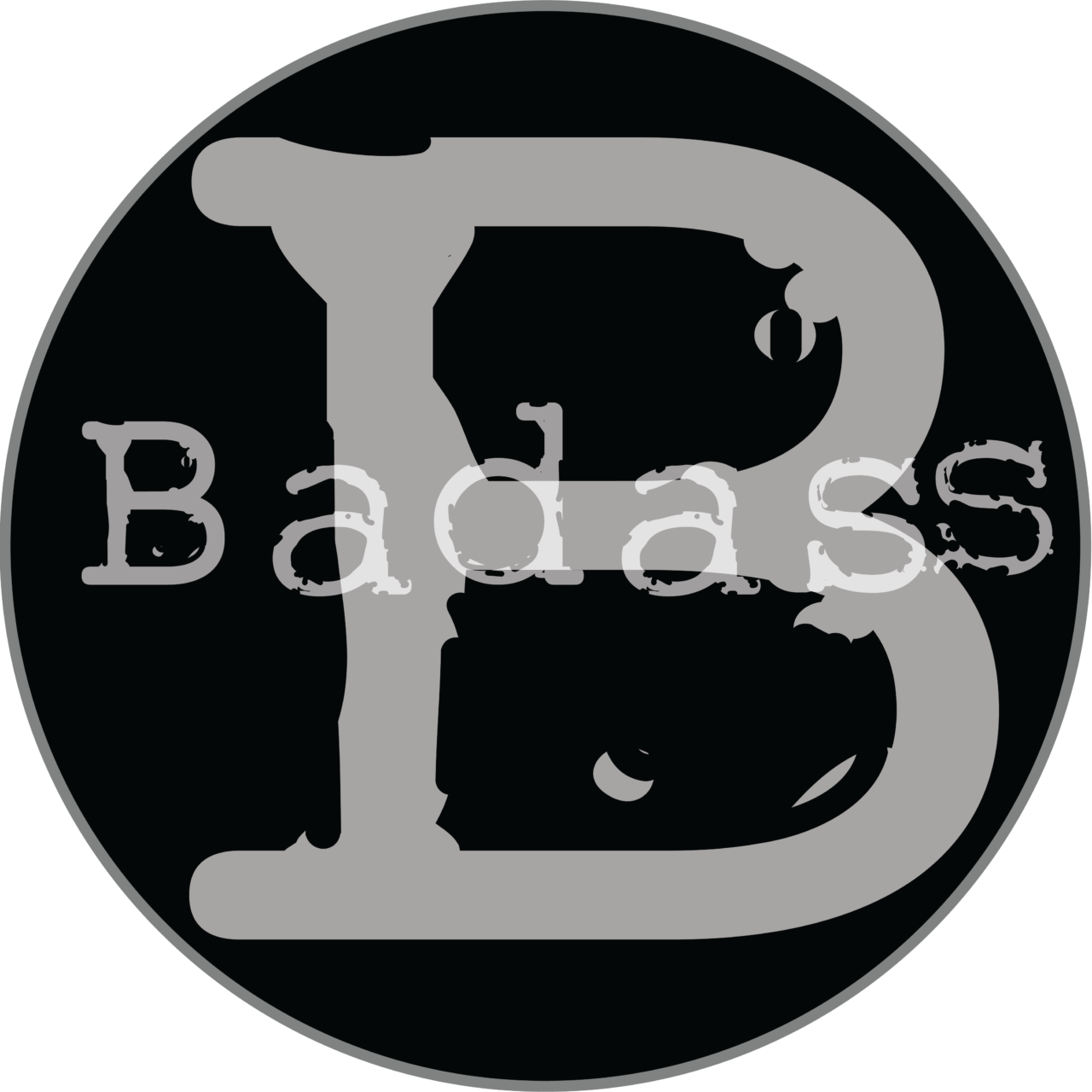What’s the Difference?
What’s the difference between a premise and a story? Are ideas and concepts the same thing?
It’s not surprising that many screenwriters confuse these terms. And not just newcomers. There doesn’t appear to be a definitive common understanding of these words in the screenwriting world.
We see this in the online discussion forums every single day. A new screenwriter will post asking for an opinion of their “story idea” or “logline” – neither of which completes the elements of a story.
You may have even done it yourself when a great idea for a screenplay presents itself like a brightly burning lightbulb. But it’s probably not a story. Not yet.
Remember, every story recounts the struggle of a hero to overcome obstacles and reach a goal. Does your idea do all of that?
Is it an idea or a story?
When a story idea strikes us from nowhere, it’s often actually just a sliver of an idea, a premise, or a concept.
Even the answers in the forums are fuzzy. A lot of people interchange the word premise with concept. And often, the impression left is that one of these stages is less valuable than another. False. They are all part of the storytelling process.
In this article, I’m going to define these words* as I understand them in terms of screenwriting. Here, I’m using an example of a work-in-progress, which came to me initially as a vague, but interesting idea.
IDEA – Light bulb moment: What if aliens have been coming to earth for millennia in human form as babies?
PREMISE – Refined central idea: Aliens come into families without the families knowing their baby is an alien. BUT the ETs also don’t know they are aliens until they die when they take ‘home’ all the information they’ve absorbed through their lifetime.
Note that some writers, especially in the novel-writing world, consider the premise as a one-sentence description of the entire film, including the characters. Which would mean that the premise is actually the logline.
CONCEPT – The story in a nutshell. Remember that “high concept” is a story idea that can be easily explained in a sentence. This is the answer to the question “What’s it about?” An alien grows up as a human in a human family, but neither the family nor the ET knows it until he “wakes up” when they visit a sacred archeological site built by the Star People, who decide to bring him home earlier than he or his human family wants.
But if I were to post that in a screenwriting discussion group as a logline, the responses would be along the lines of: “That’s not a logline.” “What are the stakes?” And “Who’s the antagonist?” “What’s the hero’s goal?” Or “Where’s the ticking clock?” But, if I said instead, “Hey folks, what do y’all think about this as a concept?” The comments would be much less pointed and might even be encouraging.
PLOT – This is the nitty-gritty of the story’s structure. Writing down the plot beats gives your story a spine. Each beat is a building block. That’s all. I’m not going to give away any more of my fun sci-fi here, and I’ll deal with structure in another article.
But, here’s where I flesh out my main character and his world. Here I recount the inciting incident, identify the friends, enemies, and hurdles, and pin down the end goal, working through it so it’s logical. And of course, with appropriate tension and proper pacing.
STORY: Remember? A story tells the struggles of a hero to overcome obstacles and reach a goal. In plotting the story’s structure, we all follow this maxim. But it’s all in the telling, right?
How will we visually handle the second act turning point? How about the third act twist? The plot outline gives us the map. Or, as I sometimes think about it, it provides the writer with a visual depiction of the baton-passing points, where a fresh new thing starts.
Many opinions
As I mentioned earlier, some consider the premise as a one-sentence description of the story – i.e. essentially the logline. Others interchange premise and concept. Still, others believe you can transpose plot and story and no one will be the wiser.
The Nicholl Fellowship readers are instructed to consider premise and story in their scorings. Apparently, they don’t look at the logline when they’re scoring the strength of the premise. They weigh the story’s core idea.
Given the multiple understandings and uses of these words, you’ll want to check with those you’re communicating with as to their understanding. In other words, you’ll want to make sure you’re all on the same page in terms of preferred usage.
So, what’s the difference between a premise and a story? Are ideas and concepts the same thing?
I’d love to hear your take on my take on these words inside the screenwriting world. Especially, because I expect there will be lots of differing opinions!
Please share your thoughts in the comments.
*You can find definitions to these and 545 other screenwriting terms in our Screenwriting Glossary.
Penelope Poole is a script editor, screenwriting coach, and co-founder of Badass Beat Boards


